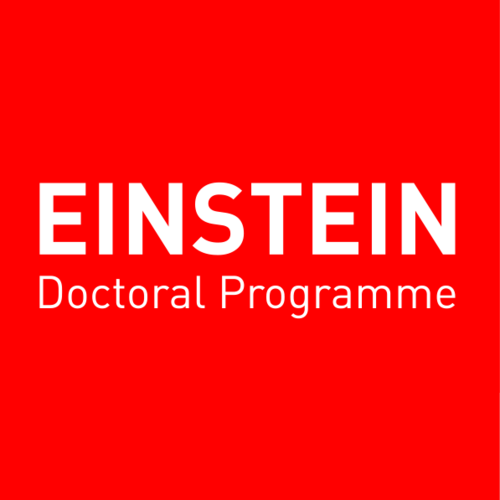Curriculum
The Graduate School aims to prepare doctoral students for the various challenges they will encounter in their future careers. The curriculum therefore balances in-depth training in the area of the thesis and in North American Studies with teaching- and management-specific competencies. While its main focus is on providing resources and time for developing a comprehensive dissertation, students also receive extensive training in three disciplinary research methods courses as well as one interdisciplinary seminar. Embedded into the structure of the John F. Kennedy Institute, the Graduate School provides a practically-oriented environment to enhance didactic and teaching skills. The planning of a graduate conference, as well as the cooperation with the Dahlem Research School and its affiliations, offer essential management skills pertinent to the students’ future careers.
Curricular Requirements
Admitted doctoral candidates are expected to obtain at least 180 credits of research training during the 3-year program. These credits will be acquired according to the following distribution: 13 credits for course work (3 credits for an Interdisciplinary Seminar [MA level] offered by disciplines outside of the discipline of the PhD, 10 credits for disciplinary research methods); 10 credits for teaching-specific competencies; 7 credits for management-specific competencies; 150 credits for the dissertation, including doctoral research and individual mentoring.
The 7 credits for management-specific competencies include the involvement in the organization of an annual multidisciplinary conference.
Curricular Structure
For doctoral candidates, the first three semesters of the program offer an intense study period in which the students critically assess fundamental theoretical and methodological tools as well as review the latest research and critical debates in their respective fields. The mandatory coursework of the program is to be completed during this period, and students will be expected to refine their research design and its method. Close collaboration between the student and his/her dissertation advisor is mandatory and individualizes the training program. Beginning with the fourth semester, the primary focus is on independent dissertation research. Besides teaching one class at the undergraduate level in the fifth semester, the last year will be reserved for the completion of the dissertation.
Structure of the Doctoral Training Program
| Term | Interdisciplinary Education | Disciplinary Research Methods | Management-specific competencies | Research | |
| 1st year | WT 30 CP | 3 CP | 3 CP | 5 CP | 42-58 CP |
| ST 30 CP | 4 CP | ||||
| 2nd year | WT 30 CP | 3 CP | 2 CP | 25-28 CP | |
| ST 30 CP | Research, 30 CP | ||||
| 3rd year | WT 30 CP | Teaching, 10 CP | Research, 15-30 CP | ||
| ST 30 CP | Research and Writing, 30 CP | ||||
Courses
The curriculum includes the following courses and seminars:
A. Interdisciplinary Seminar:
Respective of their own disciplinary orientation, students attend one interdisciplinary seminar on the MA level that does not involve their own discipline. Seminars are regularly taught in these combinations (please note that additional interdisciplinary seminars based on further combinations of disciplines may be available):
- Literature/Sociology
- History/Economics
- Political Science/Culture
B. Research Methods:
- Introduction to Disciplinary Theories (3 CP)
- Advanced Disciplinary Research Methods (3 CP)
- Good Scientific Practice (1 CP)
- Colloquium: Research in Progress (3 CP)
C. Management- and teaching-specific competencies
- Organization of an international graduate conference (5 CP)
- Transferable skills courses, e.g. offered by DRS or its cooperation partners (2 CP)
-
Teaching of a Bachelor of Arts/Master of Arts seminar at the JFKI (10 CP)




